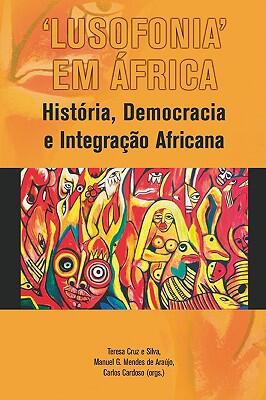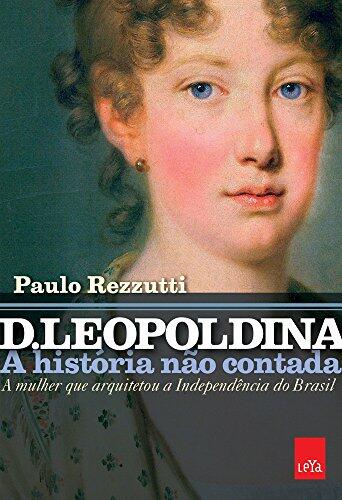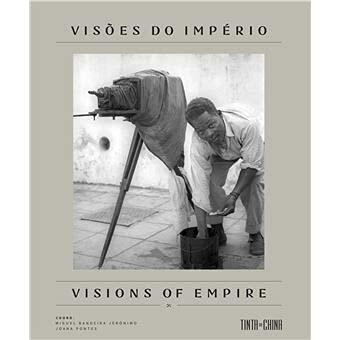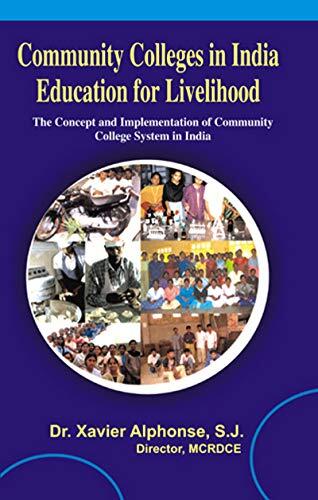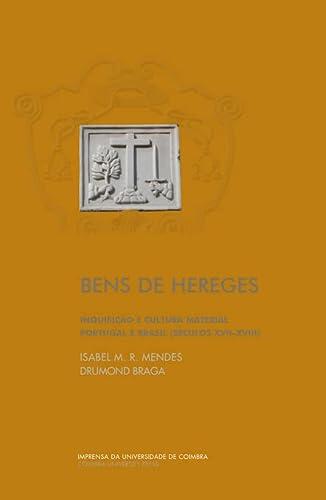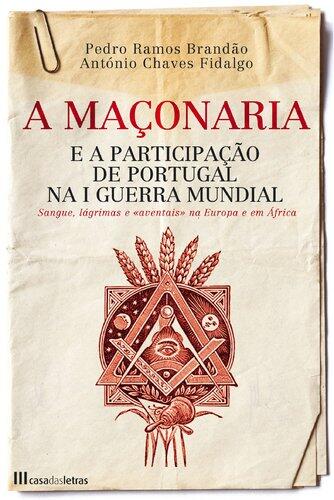Description
This book dives deep into the intricate relationships within Lusophone Africa, exploring its historical roots, struggles for democracy, and the ongoing quest for African integration. It offers a nuanced perspective on how Portuguese colonial legacies have shaped the political and cultural landscapes of African nations. The authors meticulously analyze the impact of Lusofonia—the shared cultural and linguistic heritage—on social and political dynamics across various countries, examining both the challenges and opportunities that arise from this unique identity.
Engaging with themes of empowerment and cooperation, the work highlights the ongoing efforts of African nations to forge stronger ties with one another while navigating the complexities of post-colonial identities. Through a blend of historical context and contemporary analysis, the book provides valuable insights into the potential for collective advancement among Lusophone countries in Africa, underscoring the importance of unity in fostering democratic development and sustainable growth.
Engaging with themes of empowerment and cooperation, the work highlights the ongoing efforts of African nations to forge stronger ties with one another while navigating the complexities of post-colonial identities. Through a blend of historical context and contemporary analysis, the book provides valuable insights into the potential for collective advancement among Lusophone countries in Africa, underscoring the importance of unity in fostering democratic development and sustainable growth.
Avis
Aucun avis pour le moment
Soyez le premier à donner votre avis sur ce livre et partagez vos pensées
Ajouter le premier avisJournal de lecture
Aucun journal de lecture trouvé
Commencez à suivre vos progrès de lecture pour voir les journaux ici
Ajoutez votre premier journal de lectureNotes
Journal des transactions
Aucun journal de transactions trouvé
Commencez à suivre vos transactions de livres pour voir les journaux ici
Ajoutez votre premier journal de transactions